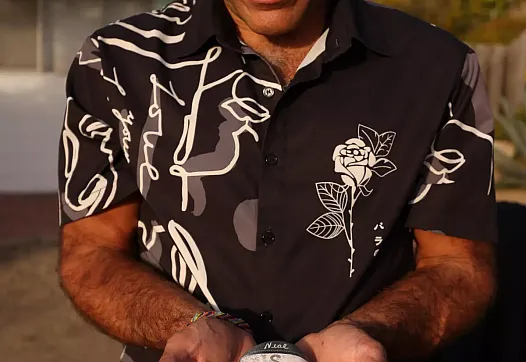
Autistic youth face a significantly higher risk of suicide, often at younger ages, highlighting the need for better screening, mental health care, and community education.

Autistic youth face a significantly higher risk of suicide, often at younger ages, highlighting the need for better screening, mental health care, and community education.
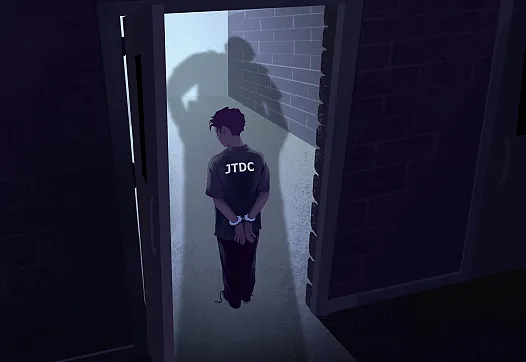
Kevin Walker is charged with aggravated battery and official misconduct for allegedly throwing a handcuffed 15-year-old boy to the floor in December 2023, causing a head injury.
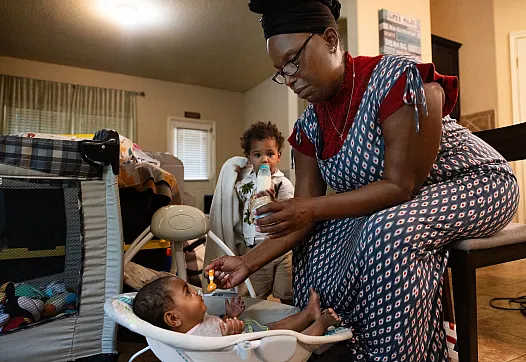
Child welfare leaders declare victory when “kinship families” step up: Fewer children go into costly foster care and more kids stay with people they love. In truth, relatives say, child welfare agencies hand them the bill – and blame them when they can’t afford it.
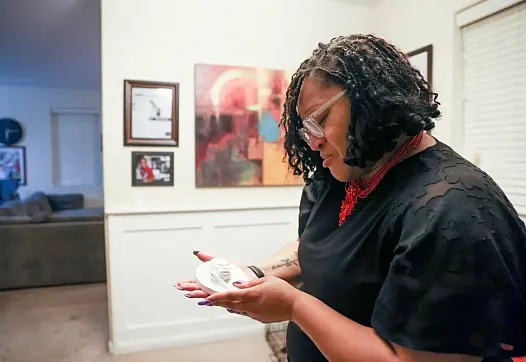
Oregon’s “Momnibus” legislative package looks to improve outcomes through multiple supports, including expanding access to doulas.
Wisconsin has shown that it’s cost-effective and completely possible to keep families together by stabilizing their housing. That’s not the only promising development in the field.

Across Southern California, Chinese immigrant mothers are raising young children amid sky-high childcare costs, thin safety nets and deep stigma around mental health — leaving many exhausted and isolated.

Chinese immigrant mothers in Southern California seeking care face language barriers, billing fights and fear of using public benefits. Many instead are turning to community clinics and informal networks.
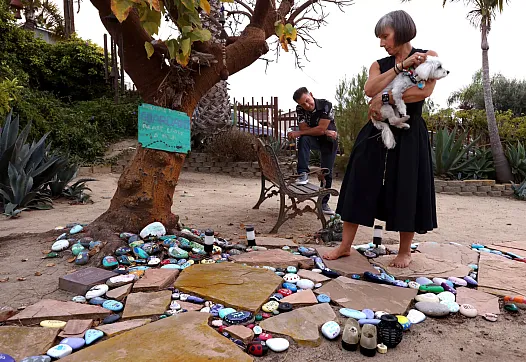
Even deeply attentive parents may miss signs of suicidal distress in autistic kids and teens, as they often differ from those shown by neurotypical youth.
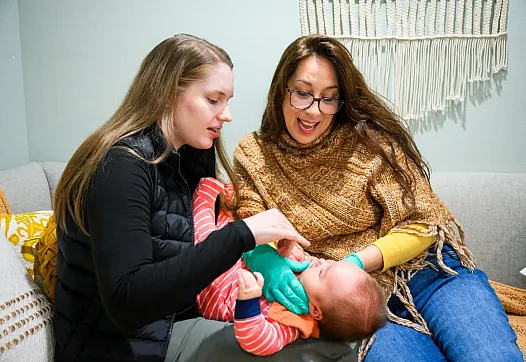
A new law is aimed at supporting doula and lactation workers, but many say the success of those reforms depends on whether the state can fix persistent payment problems.
Inglewood’s program had been chain-sawed by financial challenges and the pandemic, but Joseph Jauregui built it back up – and his students are winning scholarships